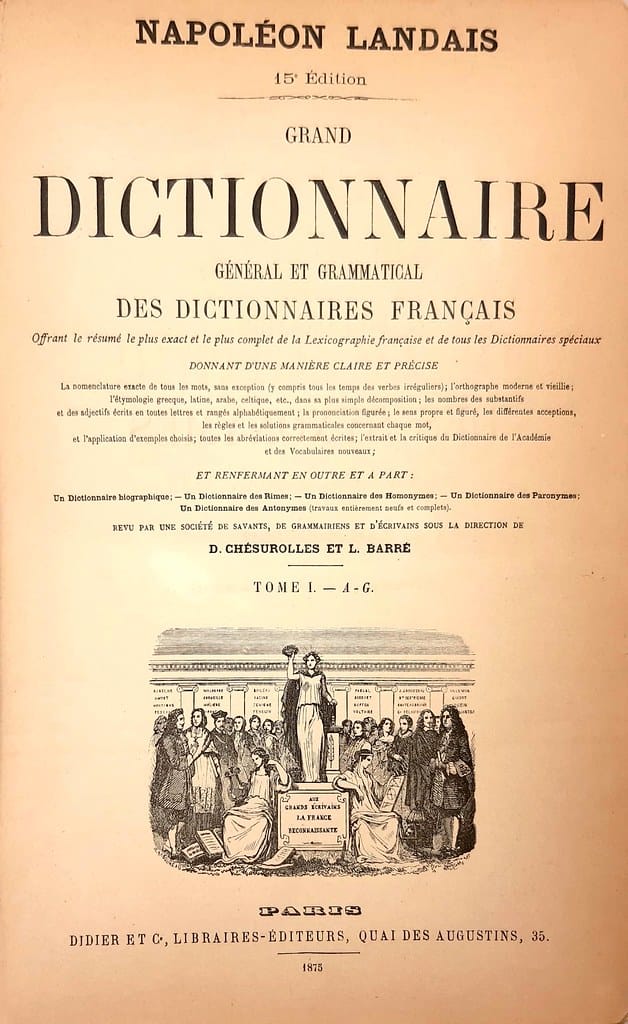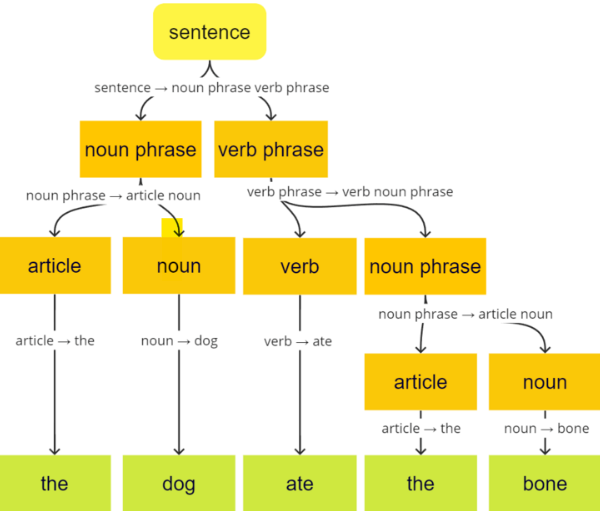Les Homonymes

Beginner/Intermediate/Advanced
Les Homonymes sont des mots qui à l’oral, se prononcent de la même façon mais dont l’orthographe change à l’écrit.
1- Connaissez-vous la différence entre : foi, fois, foie ?
La foi : the faith
Une fois : a time
Le foie : the liver
Je vous mets au défi de mémoriser cette célèbre phrase :
« Il était une fois, dans la ville de Foix, un marchand de foie qui vendait du foie, il se dit : « ma foi, c’est bien la première fois et la dernière fois que je vends du foie dans la ville de Foix »
TRADUCTION
Do you know the difference between: foi, fois, foie?
I challenge you to memorize this famous sentence: "Once upon a time, in the city of Foix, there was a liver merchant who sold liver. He said to himself: 'Well, this is both the first time and the last time that I sell liver in the city of Foix.'"
2- Quels sont les différents sens des mots : cour/ cours/ court/ courre ?
La cour : espace découvert entouré de murs, de haies ou de bâtiments. Ex : Les enfants jouent dans la cours de l’immeuble.
le lieu où réside un souverain et sa suite.
de justice est un lieu où la justice est rendue.
Le cours : un parcours poursuivi par une eau courante. Ex : Ce cours d’eau prend sa source dans le Massif Central.
Un enseignement. Ex : Ce matin, j’ai un cours de français.
Court : il peut s’agir de l’adjectif, l’opposé de long.
Le nom : le court : un terrain pour faire du sport. Ex : Le court de tennis, le court de golf.
Courre : en terme de chasse, courre le cerf, le sanglier : le poursuivre.
Une chasse à courre : une chasse où l’on poursuit l’animal à cheval.
Cours, court, coure… : la conjugaison du verbe courir au présent je cours, il court… ; au subjonctif présent : il faut que je coure…
« En plein cours de cuisine, le professeur court autour de la cour pour attraper un poulet échappé, ignorant le cours de la rivière juste à côté. »
Avez-vous compris tous les sens de « cour » dans cette phrase ?
TRADUCTION
What are the different meanings of the words: cour/ cours/ court/ courre?
La cour: an open space surrounded by walls, hedges, or buildings. Ex: Children play in the courtyard of the building. The place where a sovereign and their entourage reside. Or la cour de Justice is a place where justice is administered. Le cours: a route followed by a running water. Ex: This stream originates in the Massif Central. An instruction or class. Ex: This morning, I have a French class. Court: it can be the adjective, the opposite of long. The noun: le court: a ground for playing sports. Ex: The tennis court, the golf court. Courre: in hunting terms, to hunt the deer, the boar: to pursue it. Une chasse à courre: a hunt where the animal is pursued on horseback. Cours, court, coure...: the conjugation of the verb courir (to run) in the present tense je cours (I run), il court (he runs); in the present subjunctive: il faut que je coure (I must run)...
"In the middle of a cooking class, the teacher runs around the courtyard trying to catch an escaped chicken, unaware of the course of the river right next door." Did you understand all the meanings of "cour" in this sentence?
3- Ton/Thon/ Tond : quelles sont les différences ?
Ton : your, est utilisé devant un nom masculin ou devant un nom commençant par une voyelle. Ex : Ton amie vient-elle demain ?
Thon : Tuna
Tond : le verbe tondre. Ex : Elle tond la pelouse. Le coiffeur tond cet homme.
Essayer de mémoriser ce virelangue :
« Si ton tonton tond ton tonton, alors ton tonton sera tondu par ton tonton. »
TRADUCTION
"Ton: 'your', is used before a masculine noun or a noun starting with a vowel. Ex: 'Ton amie vient-elle demain?' (Is your friend coming tomorrow?)
Thon: Tuna
Tond: from the verb 'tondre' (to shear or mow). Ex: 'Elle tond la pelouse' (She is mowing the lawn). 'Le coiffeur tond cet homme' (The barber is shearing this man).
Try to memorize this tongue twister: 'Si ton tonton tond ton tonton, alors ton tonton sera tondu par ton tonton.' (If your uncle shears your uncle, then your uncle will be shorn by your uncle.)"




